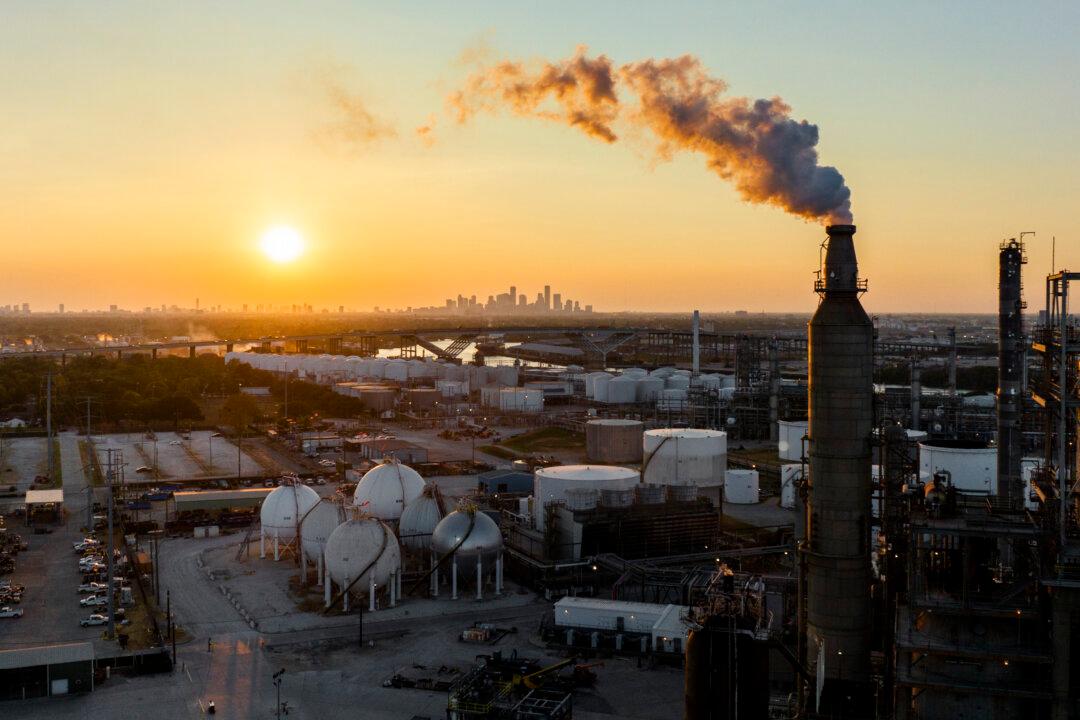The Department of the Interior (DOI) relaxed a drilling rule that was projected to increase oil production in the Gulf of America and lower costs, the agency said in an April 24 statement.
The Bureau of Safety and Environmental Enforcement (BSEE) has implemented new parameters for “downhole commingling” in the Paleogene (Wilcox) oil and gas reservoirs in the Gulf of America.





